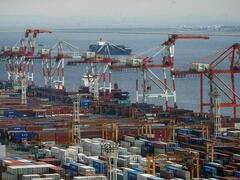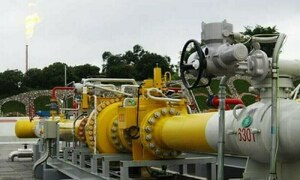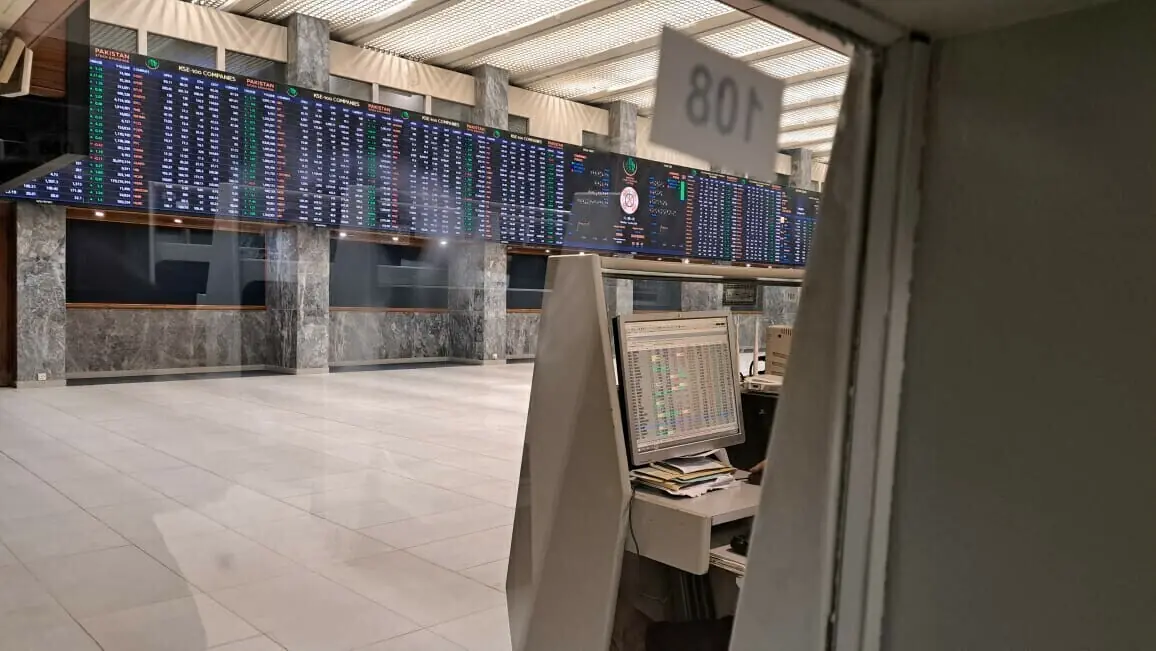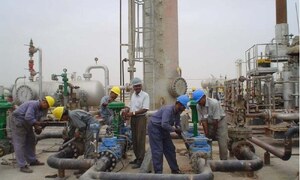Global commodities demand may grow from strength to strength in coming years, driven by economic powerhouse China, but there's no guarantee prices won't swivel widely from their recent lofty heights.
Fast-rising metals prices - copper and zinc hit record highs in February - probably have as much to do with a battery of professional investors who previously shunned commodity investments as real demand from booming economies.
Boston Consulting Group estimates total revenues from commodities trading globally for investment banks swelled to $7.2 billion last year, from $6 billion in 2004.
Some of these new-found willing buyers are now turning sellers and pressuring prices amid high demand on bets that interest rates are on the increase.
US Federal Reserve officials in February signalled a 14th straight increase in interest rates put borrowing costs near where they needed to be, but agreed they could not rule out more hikes, given inflation risks.
Rising rates may be good for gold, which is favoured as an inflation hedge, but can spell trouble for base metals because higher borrowing costs can crimp industrial expansion.
Also because most investors borrow the money to fund long positions, higher interest rates make holding these positions less attractive. Liquidation of long positions has been blamed for price routings in commodities lately. "While we believe that fundamentals for base metals have improved due to strong demand, a limited and delayed supply response and new investors diversifying into commodities, we believe that rising real rates may have an impact on metal prices at some point over the next 12 months," UBS commodities analysts said in a research note.
Or as commodities strategist at the Commonwealth Bank of Australia, David Thurtell, sees it: "There is a lot of hot money going in and out of commodities at the moment."
The closely watched Reuters/Jefferies CRB Index, which tracks a basket of 19 commodity futures, slipped 1.17 percent to 321.44 on Tuesday and is off 8.41 percent from its record high set on February 1.
"The broad-based nature of this indicates that maybe what we are actually seeing is index selling, which affects all commodities," Nick Moore, global commodities analyst at ABN Amro said. "It is not just copper having a bad day, it is a number of commodity markets."
Hitting the agricultural sector is the deadly bird flu, which is choking demand for livestock feed such as soybeans, which have tumbled up to 8.6 percent this year at the Chicago Board of Trade. Middle East turmoil, however, continues to drive gold up, though bullion is down more than $20 from its 25-year high of nearly $575 an ounce reached in February.
BR100
15,059
Decreased By
-56.5 (-0.37%)
BR30
42,931
Decreased By
-117.2 (-0.27%)
KSE100
148,815
Decreased By
-677.8 (-0.45%)
KSE30
45,206
Decreased By
-312 (-0.69%)





















Comments
Comments are closed.